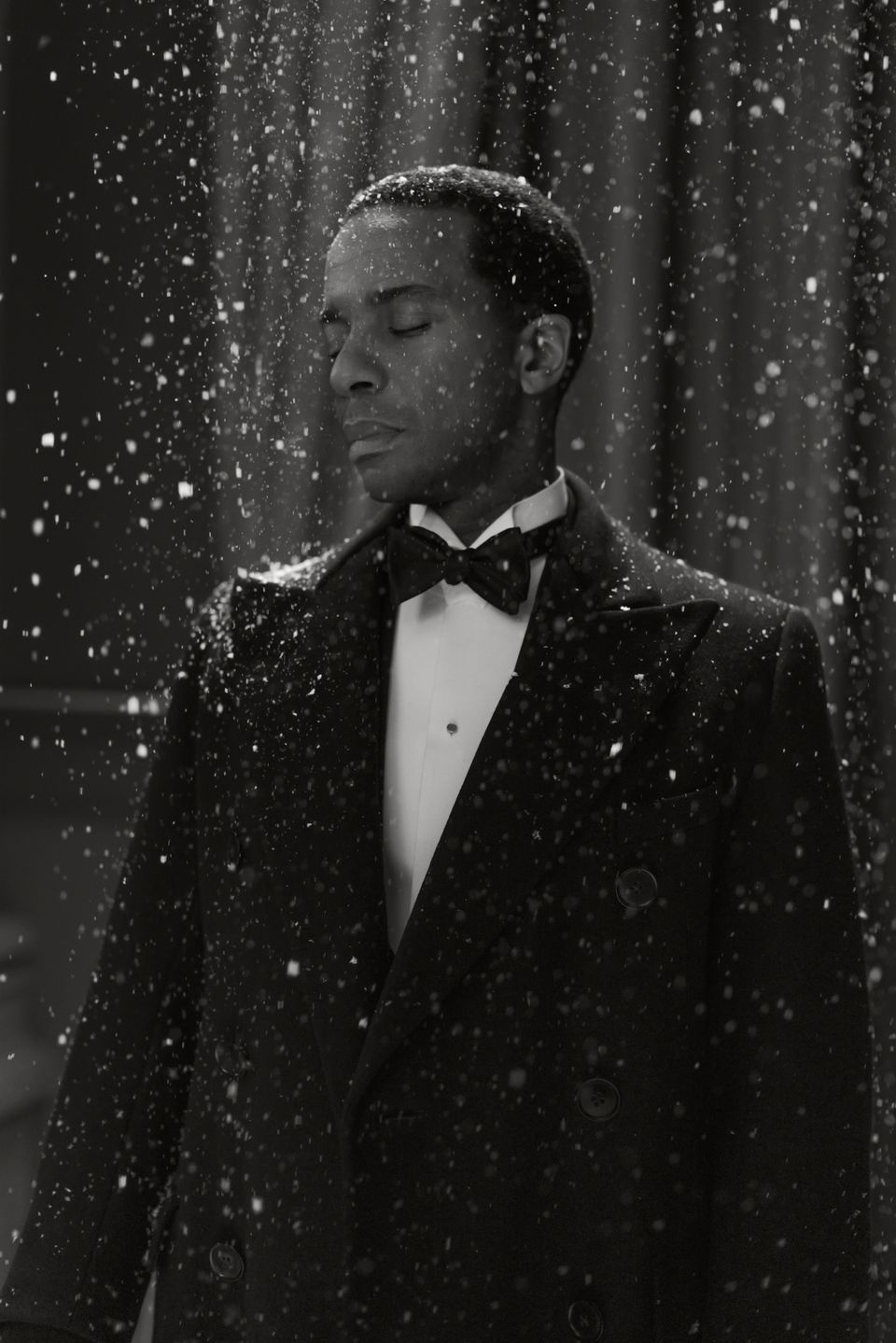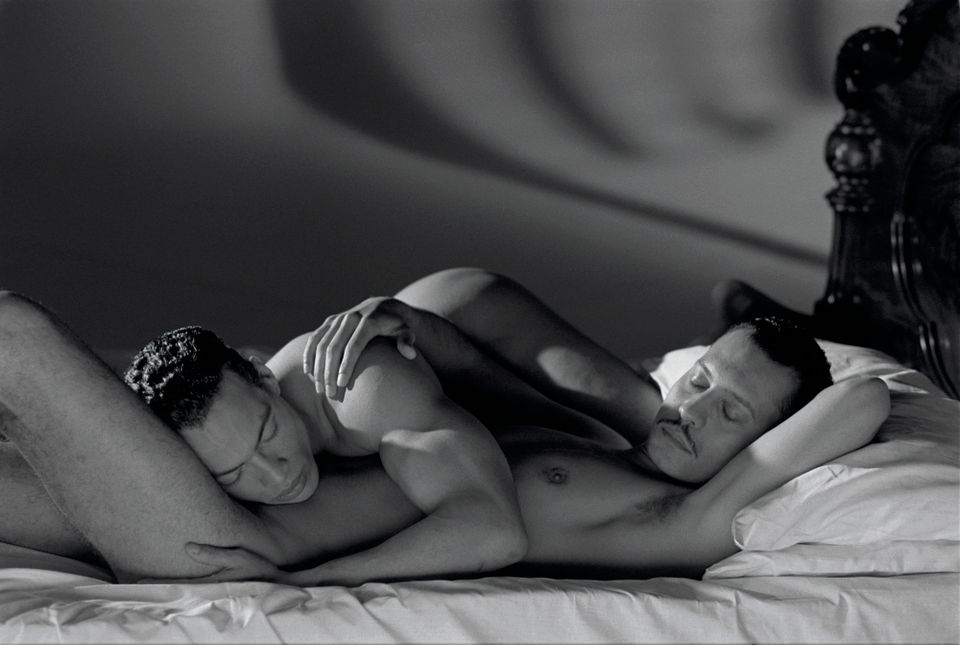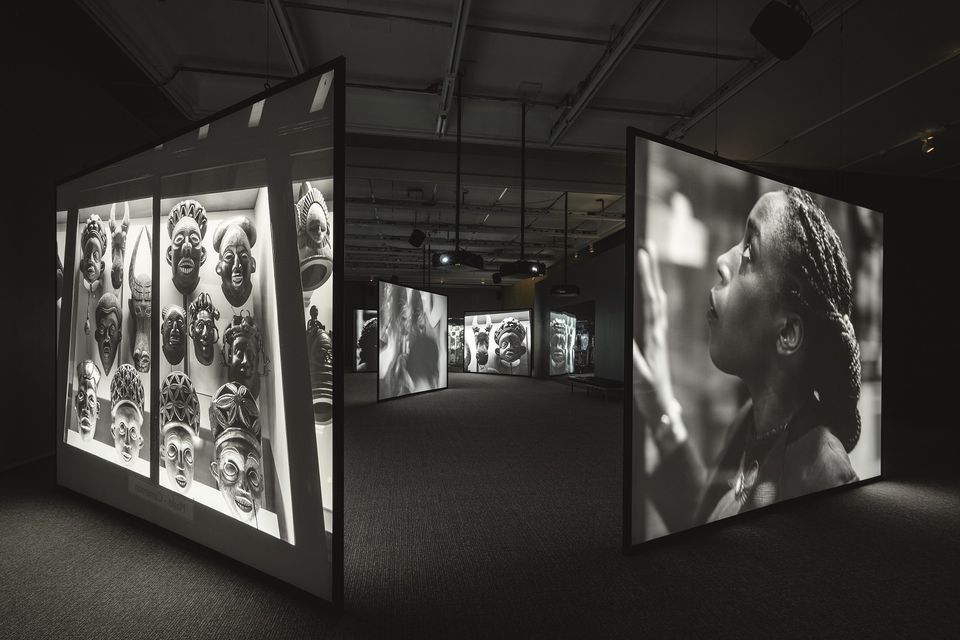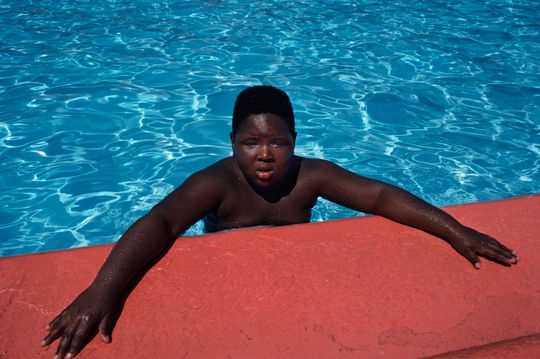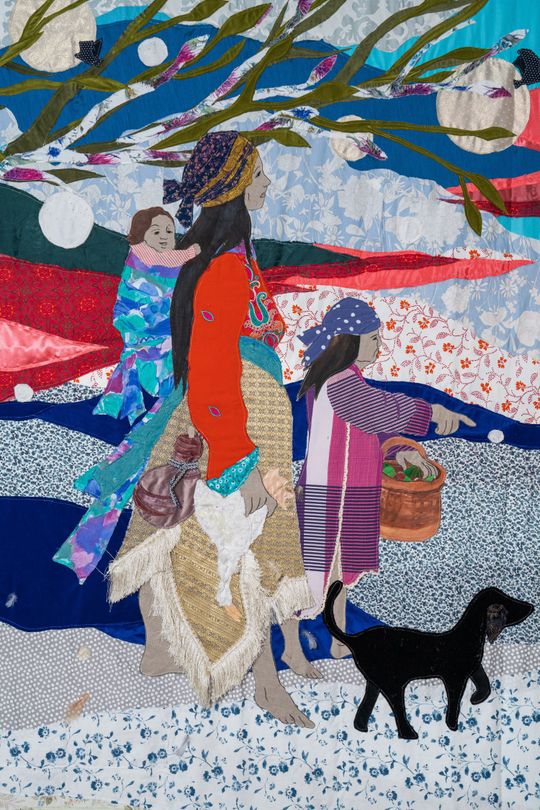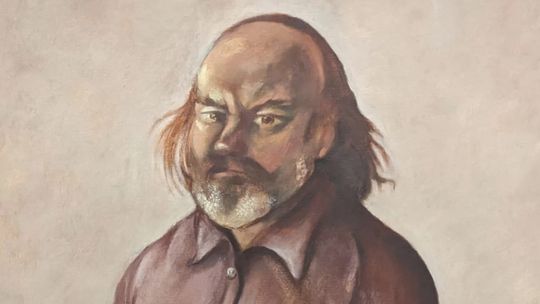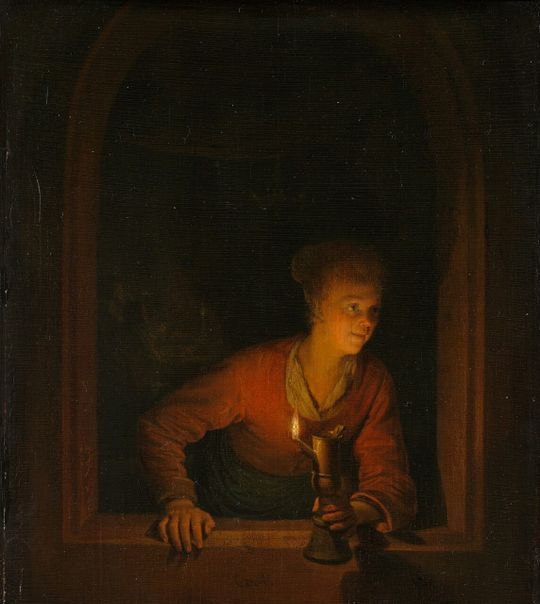Isaac Julien: What Freedom Is To Me
MaastrichtIsaac Julien (London, 1960) is a pioneer in video and installation art. Since the '80s, he crafts impressive installations that interweave film with photography, performance, music, and painting. His works challenge and broaden traditional notions of history, space, and time.
Contact
Isaac Julien (London, 1960) is a pioneer in the field of video and installation art, which continually pushes back the boundaries of film as an art form. Since the early 1980s, he has been making impressive installations that unite the medium of film with art forms like photography, performance, music and painting. Julien’s works tell important stories and prioritise aesthetics, poetry, movement and music as means of communication. For instance, he explores the medium’s potential to break down traditional views of history, space and time, as well as to expand them.
With regard to content, Julien operates at the interface of various forms of social engagement. There is a constant emphasis on social justice in his films. In particular, he reflects on the Black and queer identity, in which he spotlights issues like class, sexuality and cultural history.
The…
Isaac Julien (London, 1960) is a pioneer in the field of video and installation art, which continually pushes back the boundaries of film as an art form. Since the early 1980s, he has been making impressive installations that unite the medium of film with art forms like photography, performance, music and painting. Julien’s works tell important stories and prioritise aesthetics, poetry, movement and music as means of communication. For instance, he explores the medium’s potential to break down traditional views of history, space and time, as well as to expand them.
With regard to content, Julien operates at the interface of various forms of social engagement. There is a constant emphasis on social justice in his films. In particular, he reflects on the Black and queer identity, in which he spotlights issues like class, sexuality and cultural history.
The exhibition is presented in collaboration with Tate Britain in London, and K21 in Düsseldorf and has received financial support from the Blockbusterfonds, VandenEnde Foundation, het Cultuurfonds, Fonds 21 en UC Santa Cruz.
